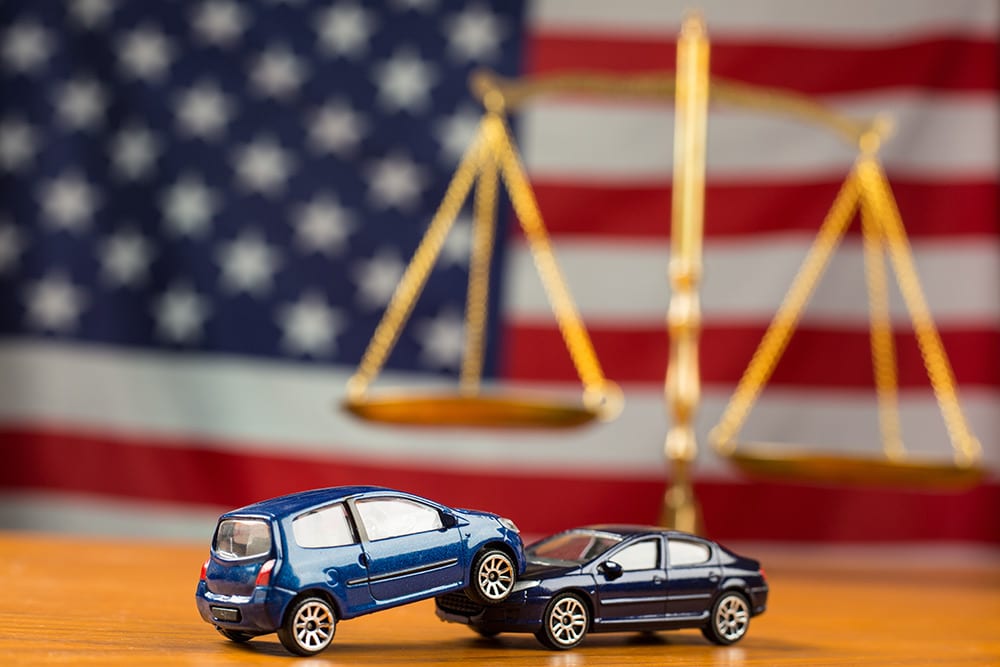When you get hurt due to circumstances that aren’t your fault, the days and weeks afterward can seem like a flurry of emotion and activity. Your first priority is healing from your injuries — both physical and emotional. However, one thing that most people don’t consider is that depending on how they became injured, they may be entitled to damages.
Different Types of Personal Injury Cases
When someone gets hurt and files a suit, it will fall into three categories of personal injury cases. They may have been the victim of negligence, which is when a product manufacturer, doctor, or business owner doesn’t follow through on their responsibility for the safety of their consumers, patients, or visitors.
Someone who is injured while using a defective or badly designed product (so long as they were using the product as it was originally intended), may be a good candidate to file a products liability tort.
Personal injury cases also apply to individuals who intentionally injure others. These are called intentional torts, and they cover physical injury such as assault and battery, as well as fraud, defamation, invasion of privacy, and emotional distress.
Determining Fault
Once a case ends up in court, the judge or jury must determine who is at fault. In some cases, this may be pretty cut-and-dried. If a business owner has received a stream of complaints about a broken step and an elderly woman breaks her hip falling through it, for instance, it’s obvious who is at fault. Other cases aren’t so clear — ones where two drivers engage in risky road rage behavior and end up crashing into one another, for example.
Negligence in Car Accidents
In fact, when thinking about personal injury cases involving car accidents, it’s helpful to understand a few basic legal terms: contributory and comparative negligence.
Contributory negligence means that an injured plaintiff in a case played a role — however small — in the incident that caused their injury. Many states no longer abide by this rule because it created huge difficulty for plaintiffs to prove their cases, as the entire case would be dismissed if the accuser provided even a shred of evidence that the plaintiff played a role in the incident.
Moving on to comparative negligence: this system reduces the amount of a plaintiff’s claim according to the degree of which their negligence caused their injury. In a pure comparative negligence system, both drivers may sue each other, no matter what degree to which either one of them was at fault for the accident.
In a modified comparative negligence system, a driver is only allowed to initiate a suit if they were 50 percent or less responsible for the accident. This helps prevent lawsuits by drivers who were behaving recklessly and were largely responsible for injuring another person.
What Kinds of Damages Am I Entitled To?
If you win your case, you may be entitled to damages resulting from your injuries.
These may include the following:
Compensation for Medical Treatment — This includes all types of medical care, from time spent in the hospital, at-home nursing, physical therapy, as well as medications. These kinds of bills can mount up, especially if the injury was a serious one.
Payment of Lost Wages — Medical bills aren’t the only blow to your wallet when you’re injured. Time spent out of work can be devastating to your finances. Because of this, you could be owed compensation for the wages you’ve lost while missing work due to your injuries.
Emotional Damages — An experienced attorney will be able to gather the documents and evidence needed to show the court proof of the pain and suffering, as well as the emotional distress a case has caused you.
Wrongful Death — When someone is killed due to the negligent actions of another party, the deceased person’s family members can bring a wrongful death suit and seek damages against the defendant.
These are only some of the different ways that you may be entitled to damages in your personal injury case. Proving fault and winning the appropriate total for the damages can be tricky, which is why working with an attorney who has experience in personal injury cases is the key to success in these situations.


